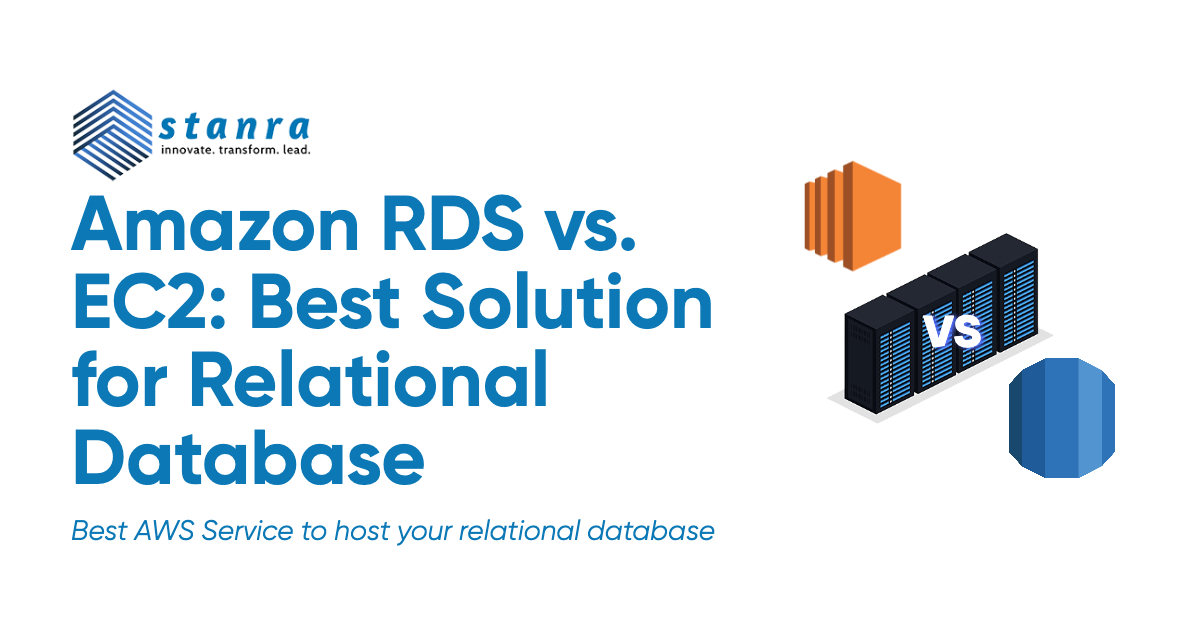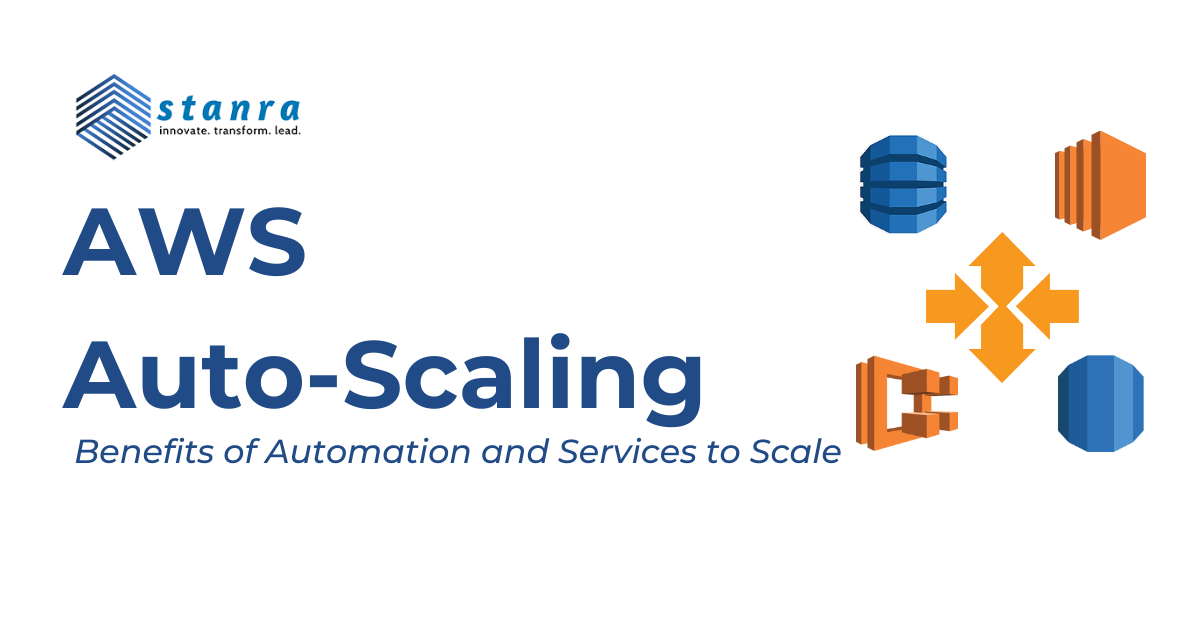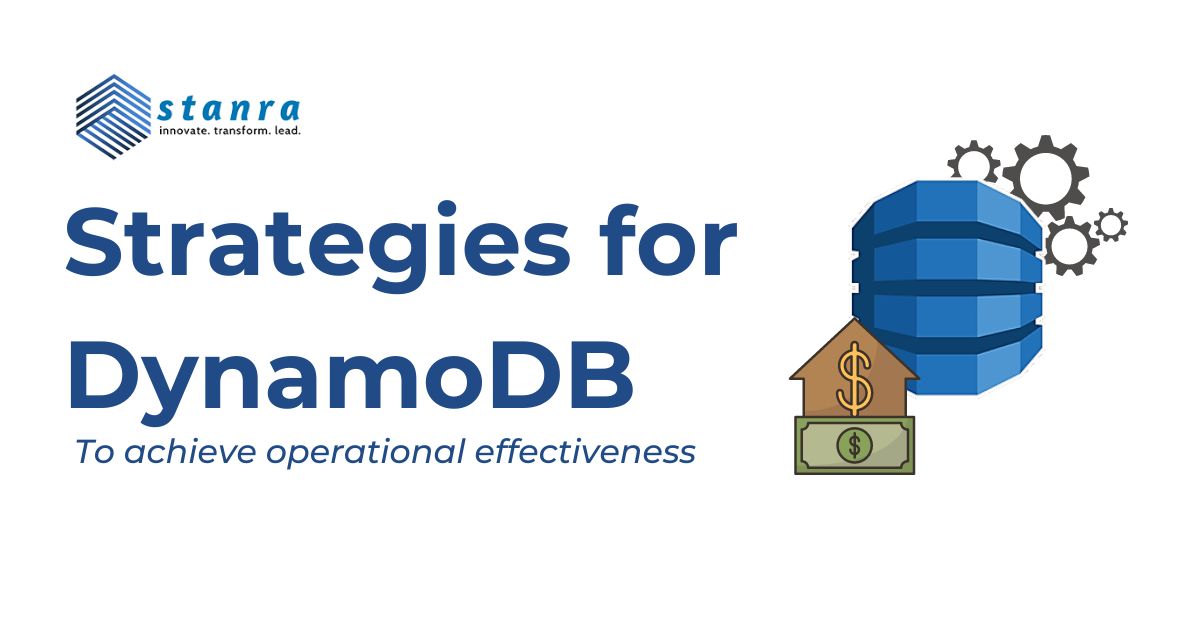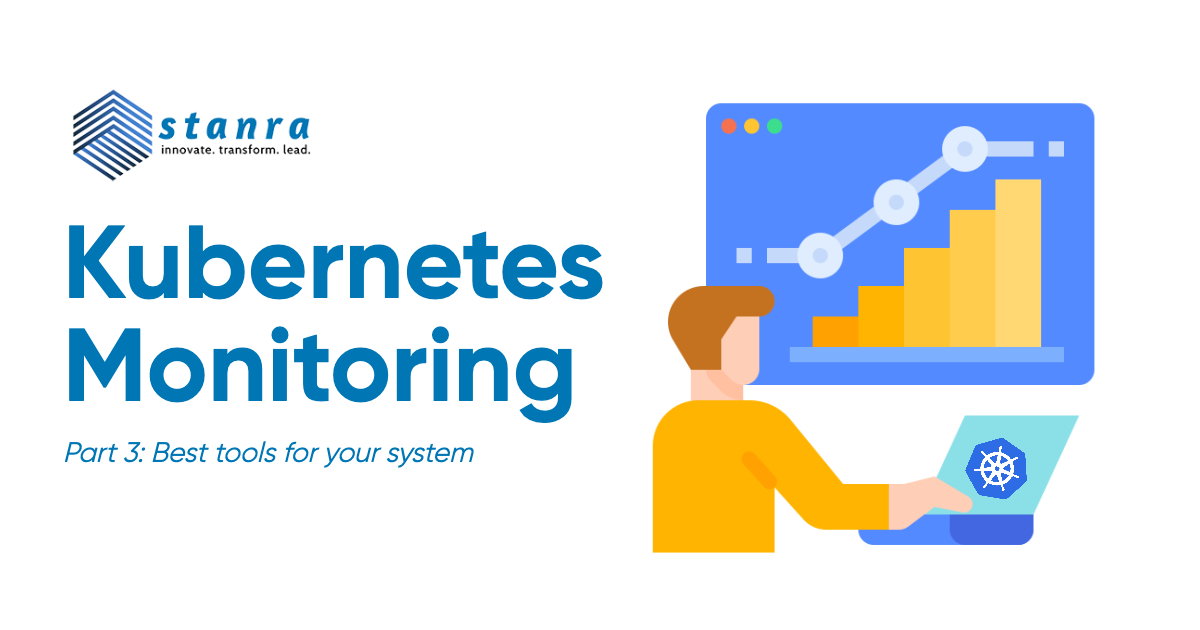If you’re thinking of creating a MySQL relational database on AWS or migrating to AWS to take advantage of the cloud and reap all the benefits it has to offer, two of the best ways of hosting are either using Amazon RDS or EC2. But depending on your team, project requirements, and customer needs, choosing between fully managed and self-managed solutions can be tricky. In this article, we will be discussing the benefits of both solutions so you can easily choose between the two. If you want more information on database services provided by AWS, we have an article related to all the services.
Benefits of choosing Amazon RDS
1. Versatile storage options with automated backups
Amazon RDS uses automated backup services that can perform backup and recovery with a maximum retention period of up to 35 days. You can also do it manually and Amazon RDS will keep all of these backups until you delete them. Apart from this immensely useful backup option, the storage options available are suited for cost-effective solutions that can be used by small or medium-sized workloads and also high-end options such as storage on SSDs and options that can give up to 10,000 I/Os per second.
2. Highly available
Amazon does the heavy lifting in the case of handling complex physical hardware configurations which makes this service highly available. Taking advantage of the multi-AZ deployments, your database can gain improved availability and durability so you can run your intensive workloads without worrying about the hardware.
3. Easy to deploy
Everything about your databases and their management can be controlled through the AWS management console or by using a collection of APIs. Amazon RDS uses database parameter groups that will help you gain good control over its setting while offering granular-level control and customization options.
Benefits of choosing Amazon EC2
1. Complete control
EC2 gives you complete control over almost everything and that is the beauty of it. Want to use EBS RAID and striping configurations for higher performance? You can do that. You have full control over the administration of your database and configure the instances and storage accordingly.
2. Higher Flexibility
It is pretty similar to having more control over whatever you do. You can supervise your maintenance windows according to your need and manage the use of ports and the number of instances according to your database requirements.
Conclusion
Even though the control and flexibility that EC2 offers, we personally recommend RDS. It does not matter if your team has database engineers or not, Amazon takes care of provisioning the database, keeping it updated, and providing security. That will allow you to focus on important tasks like performance optimization and innovation in this space. When it comes to backups and recovery, RDS automates that process, and having mirrored your database over different clusters reduces a lot of effort that goes into creating the solution and managing it.
This does not mean that EC2 is not used by anyone and is not preferred over RDS. If you want full control over your database, OS, and software, you’d be better off with EC2. If you already have the expertise to manage your database then it becomes really easy to transition into it. Using EC2 you can go over the limits of RDS and exceed the maximum database size and performance.







Leave A Comment